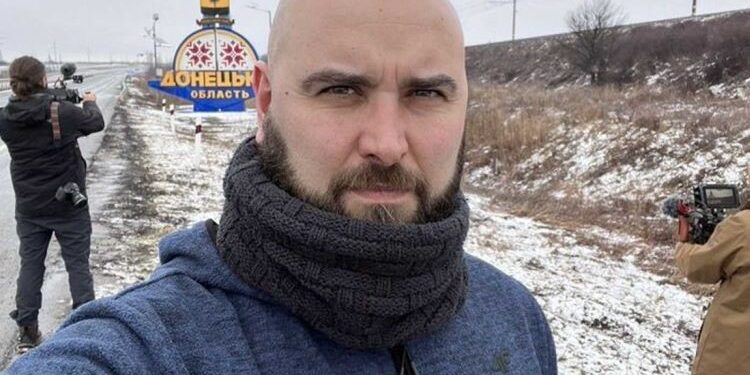The Diplomat
Foreign Minister José Manuel Albares yesterday asked his Polish counterpart, Zbigniew Rau, to bring to trial “as soon as possible” Spanish journalist Pablo González, who has been detained in Poland since February on charges of espionage.
Albares conveyed this message during a bilateral meeting with Rau on the margins of the NATO foreign ministers’ meeting, which concluded yesterday in Bucharest. “In the meeting with my Polish counterpart we have reviewed bilateral relations and the current international context, agreeing to continue cooperation within the EU and NATO,” the head of Spanish diplomacy stated through his official Twitter account.
“Polish legality must be respected,” the minister himself told the press. “What I have asked him is that, as soon as possible” and “as soon as the investigation is finished”, Pablo González “can be brought to trial, where he will have the right to his defense, as he is having it”. In any case, he said, it is still not possible to estimate a date “because the investigation is still ongoing” and the Polish minister himself indicated to him that the investigation “is still going to take a little longer within the normal course of these charges”. The Polish court of Przemysl ordered last November 24 the extension of the preventive detention imposed on the Spanish journalist by another three months.
Albares also assured that the Government is following “very closely” the case so that the journalist’s rights to defense and his fundamental rights are respected, “which is the case”. “His lawyer knows the charges, he can file the appeals he wants. He has access to him,” he added. The journalist has already received seven consular visits in prison and Albares has taken his case before Rau at least four times. According to the minister, the Spanish Embassy in Poland “has instructions to be on top of this case as a priority”.
Pablo González, a resident of Guernica, was arrested last February 28 in Przemysl, Poland, where he was covering the refugee crisis caused by the Russian invasion of Ukraine. The Polish Internal Security Agency accused González of using his profession to cover up activities for Russian military intelligence, for which he could be sentenced to up to ten years in prison.







